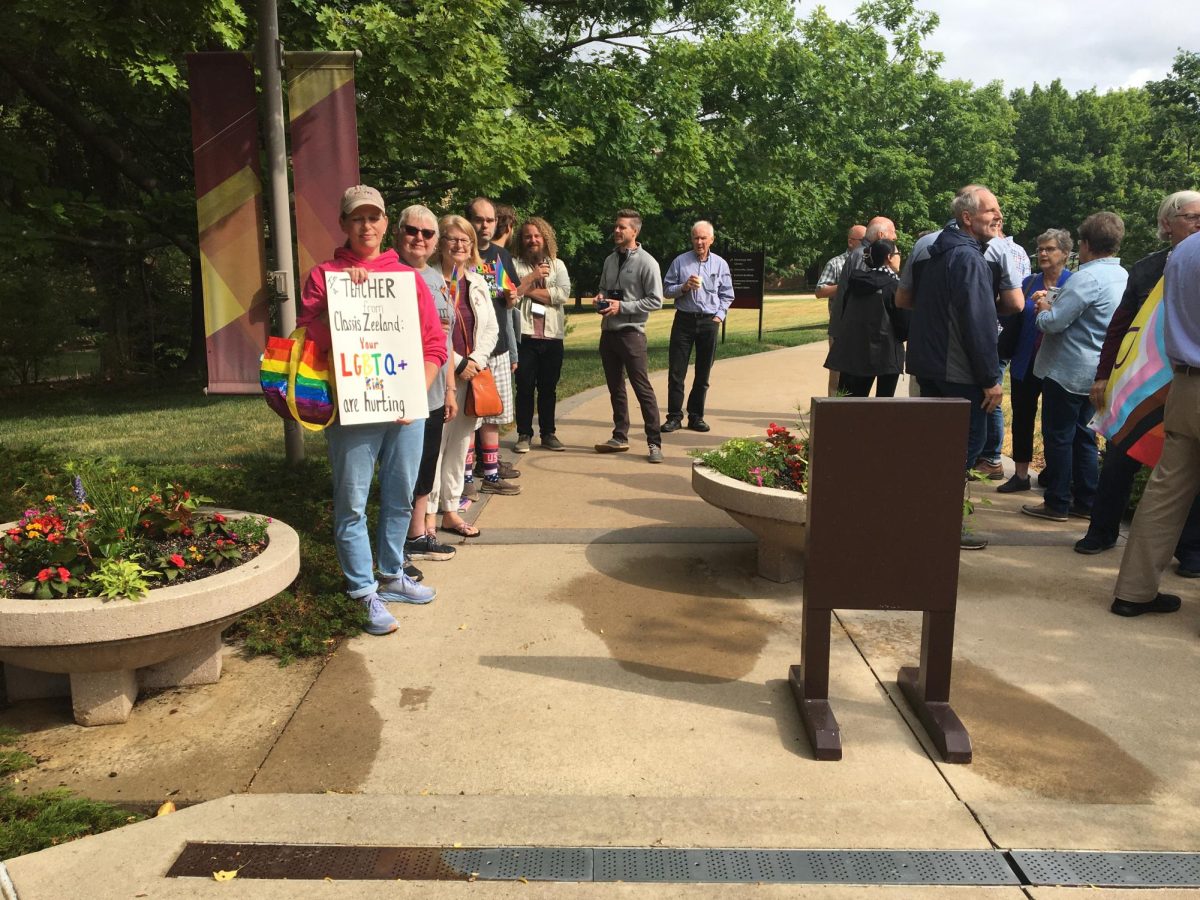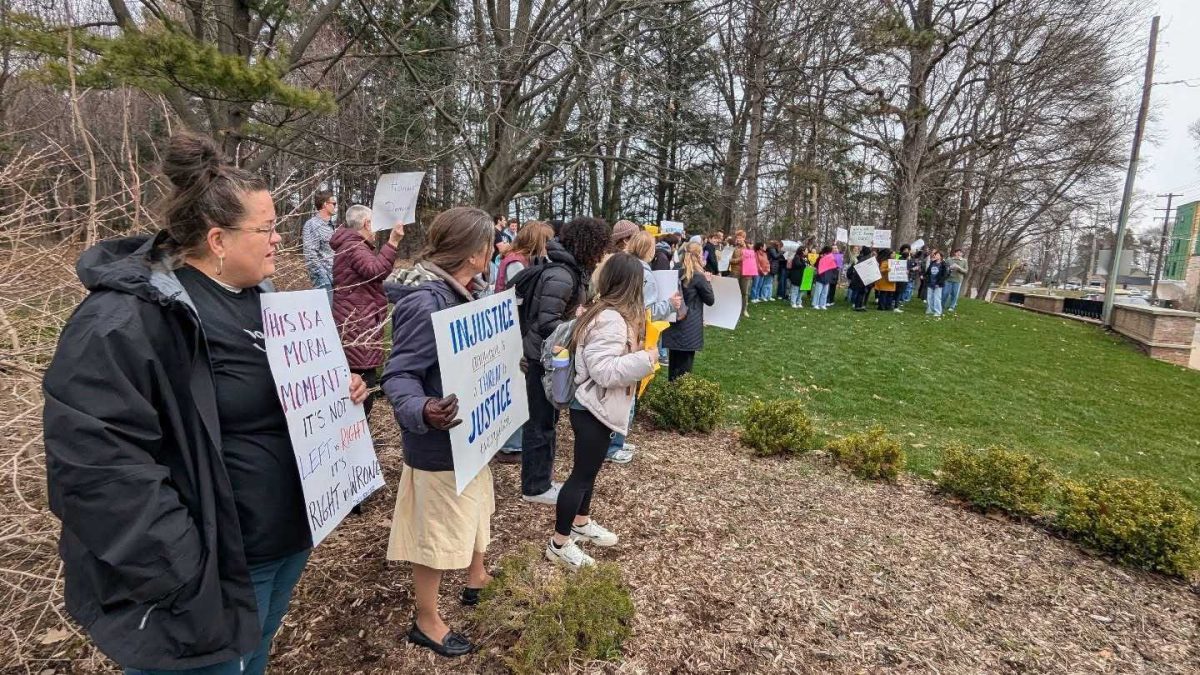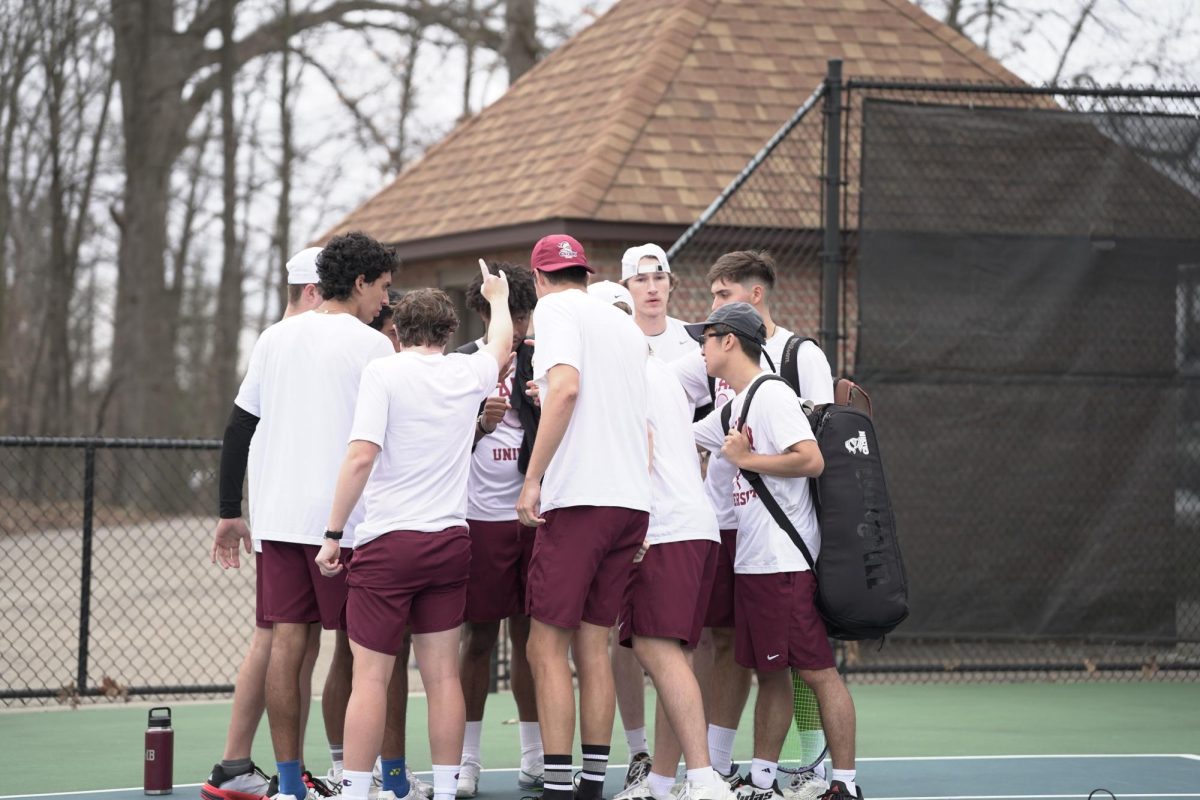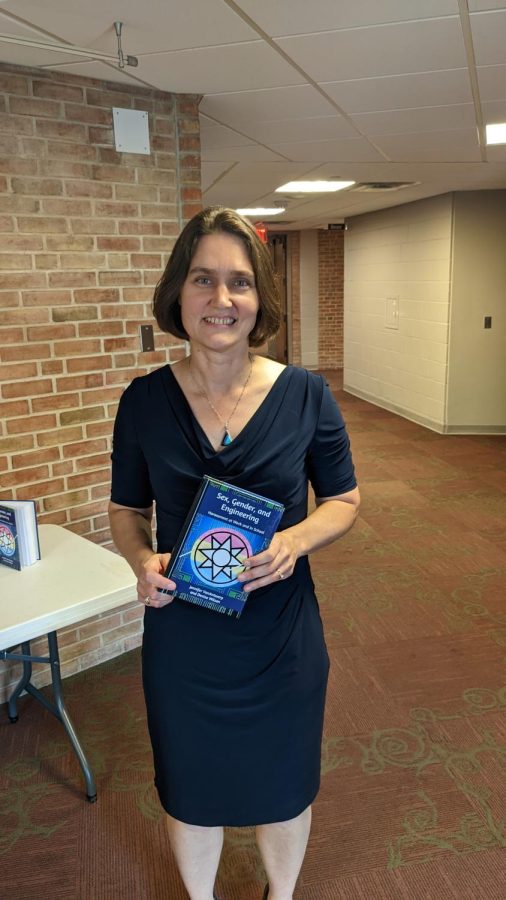As Calvin enters its third fall semester since the start of the COVID-19 pandemic, here’s what you should know about illness on campus.
Masks and testing are not required for healthy individuals, though both are recommended for those who feel ill or have been exposed to COVID. Those who test positive for COVID should isolate for five days, according to Calvin’s website.
“COVID does exist on the campus — we will likely have cases here and there for months or years — but as a community and as a society, we’re at a different place than when the virus was more ‘novel’ to our immune systems,” said John Witte, dean of students.
Students — with the exception of student athletes, who must report to coaches — are not required to test. If a student does test, they are not required to report a positive COVID test to anyone in the university.
However, Witte said the university continues to participate in some wastewater testing in collaboration with Grand Valley State University, which gives the university some idea how many cases are in each residential building. According to Witte, numbers this fall have fluctuated from one to two cases in every building to one to two cases in three buildings.
All students who experience symptoms should avoid going to class and work until they feel better. They should also inform their supervisor or instructor of their absence. According to Witte, students are “responsible for notifying their professors of any missed class time due to illness, and it’s important that they communicate with the professors on how to manage any material or assignments missed.”
Missing class due to illness can be a source of anxiety, especially for students whose professors have strict attendance policies. Provost Noah Toly told Chimes in an email that there are no “university-wide attendance policies for COVID or other illnesses” but that the university “trust[s] individual faculty to make wise, consistent, and fair choices about how they implement their own attendance expectations.”
Aaron Toth, a junior studying economics, said that in previous years, illness has caused him to miss more classes than allowed by a professor’s attendance policy, but that “professors are generally gracious and trusting when it comes to illness.”
“The best thing is to communicate with professors about absences as soon as you feel sick and to be honest and hardworking as you catch up,” said Toth.
Witte also suggested contacting the Center for Student Success for help managing missed class and assignments.
If symptoms last for more than 24 hours, students should “consider taking an at home [COVID] test,” per the website. Testing, as well as staff to “support the medical needs of those who need advice or treatment beyond self-care” are available at Health Services from Monday to Friday, said Witte.
On-campus students who test positive can either go home or stay in their building’s designated isolation room, “with friends or RAs assisting in delivering food from the dining hall.” said Witte. Their household members (i.e. their roommates) and other close contacts are not required to stay home as long as they feel healthy, though it is recommended that close contacts wear a mask for 10 days and test on the fifth day after being exposed, according to the website.
Witte said a return to widespread mandated masking was not “likely unless conditions in the community and on-campus changed drastically.”








